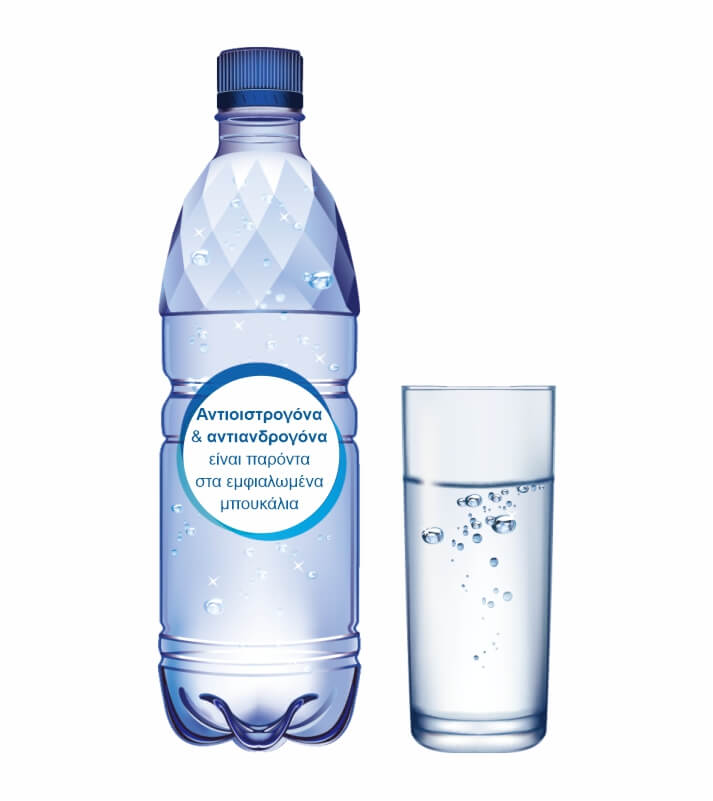Chemicals cause hormonal imbalances and have even been found in bottled water. Many people think bottled water is good. However, recently researchers have discovered Chemical Endocrine Disruptors (EDCs) in commercialized bottled water.
This is according to a new study published in the journal PLoS ONE.
Chemical Endocrine Disruptors are artificial compounds that are widely used in many plastics. These compounds have been found to interfere with the hormonal systems of many organisms, particularly the reproductive system.
An earlier study done in 2010 in mice showed that adult women who were prenatally exposed to chemical endocrine disruptors had a higher risk of developing breast cancer.
Many types of EDC are known to be found in plastics used for food and water storage. Most recently a chemical endocrine disruptor called bisphenol A was found in plastic used to make baby bottles.
Because of this study, the researchers wanted to find out whether EDCs were found in plastics that are also used in commercialised bottled water and, if so, which ones.
The research led them to conclude that the majority of the bottled water analysed contained chemical endocrine disruptors that could disrupt the hormonal system.
The research team went on to review data from previous studies, as well as examining 18 bottled water products to see if there was evidence of compounds that block estrogenic activity (anti-estrogen), as well as activity that would prevent any biological effects (anti-androgens).
The results of the sample analysis showed that 13 bottles of bottled water had anti-estrogenic activity, while 16 of the bottles showed anti-androgenic activity.
Further research with mass spectrometry simulations allowed the researchers to find the chemical DEHF (diethylhexyl fumarate) present in the water. However, the researchers say that this compound only demonstrates anti-androgenic activity, meaning that there may be other chemical endocrine disruptors (EDCs) in the water that are... waiting to be discovered. So the researchers have not only identified chemicals that cause hormone disruption, but are sounding the alarm for the existence of more.
"We have shown that anti-estrogens and anti-androgens are present in the majority of bottled water products. To determine the cause of the chemicals, we applied a novel approach to correlate biology and high-resolution mass spectrometry data. The structure determination led to maleate-fumaric di-octyl ester isomers as potential candidates," the researchers say.
"While chemical analysis confirmed that diethylhexyl fumarate (DEHF) is the putative steroid receptor antagonist, this compound was only weakly anti-estrogenic in biological assays. We conclude, therefore, that either we have missed an active compound, or that another maleate-fumarate isomer that we have not tested causes the antagonistic effect in bottled water," they add.
They stress that it is more likely that there is a missing active compound in the water, as there is evidence to support this version. Just like DEHF, there are other isomers that are anti-estrogens and anti-androgens.
"In addition, maleate is similar in structure to phthalate plasticisers, which are known anti-androgens. Therefore, we hypothesize that maleate-fumarate dioctyl esters may form a new group of steroid receptor antagonists. This demonstrates that despite the obvious similarity to chemical endocrine disruptors, these chemicals have so far been ignored by the scientific community," they explain.
They point out, however, that there is no strong evidence yet to suggest that diethyl fumarate is harmful to humans and that further research is needed to determine whether this compound should be banned in plastics used in processing or containing specific foods. They hope, however, that their study findings will highlight the potential impact of chemical endocrine disruptors on food, beverages and consumer products.
Source: medinova.gr



